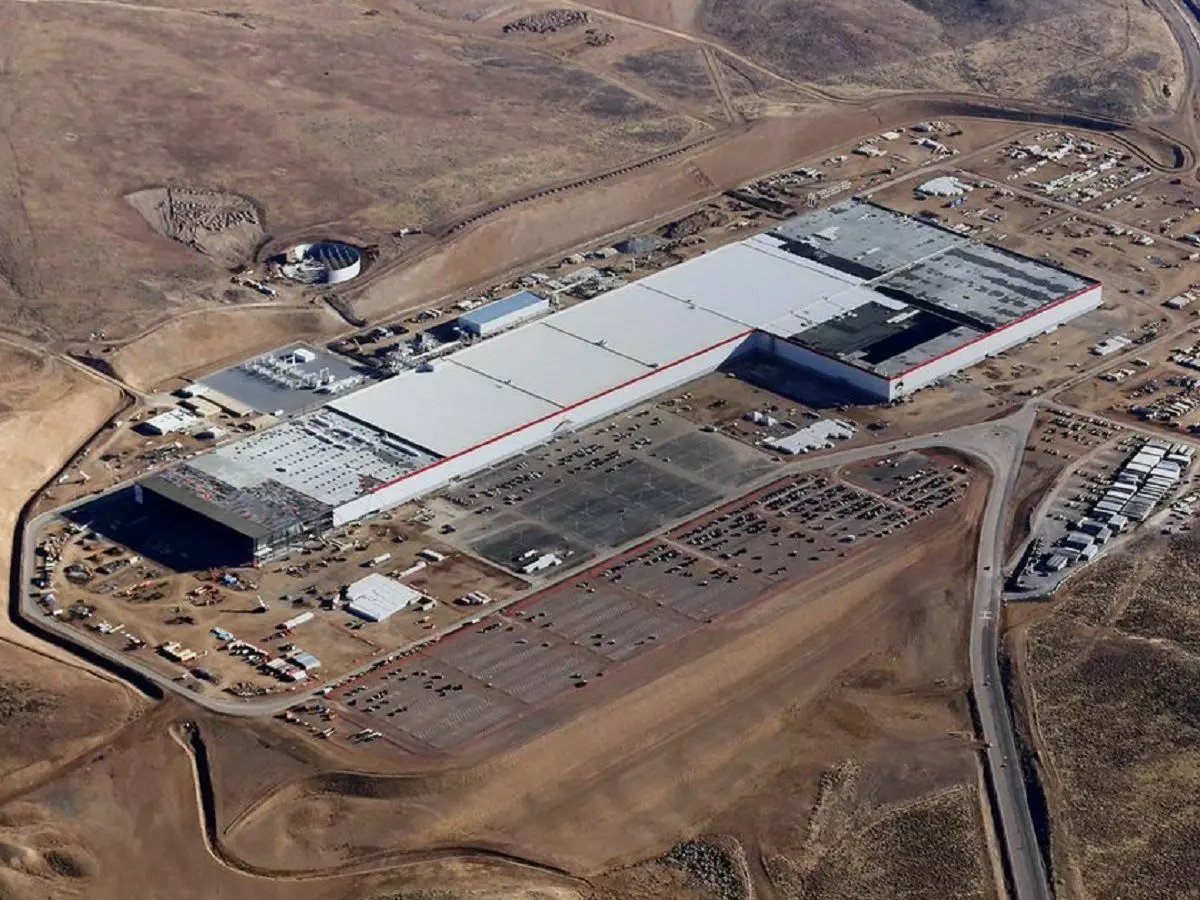Like Tesla's Gigafactories, India Will Setup 4 Plants To Produce EV Batteries In The Country
India will soon be setting up its own battery manufacturing plants. The idea for this has been inspired by Tesla&rsquos gigafactories which are used by the US auto maker to produce lithium-ion batteries for its electric cars. As per estimates the whole project will cost around $4 billion or Rs 27500 crore.

The ongoing shift to electric vehicles will put a major stress on India¡¯s energy resources in due time. To meet these surging energy demands, the Indian government now plans to mediate the energy demand and supply through energy storage, meaning - batteries. For these, the country will soon be setting up its own battery manufacturing plants.
Interestingly, the idea for this has been inspired by Tesla¡¯s gigafactories which are used by the US auto maker to produce lithium-ion batteries for its electric cars. India, will now be setting up at least four of such gigafactories and as per estimates, the whole project will cost around $4 billion or Rs 27,500 crore.
A senior government official under anonymity said ¡°We are moving ahead with the plan and a cabinet note for the same has been floated." He stressed on the fact that India has [one of] the largest [EV] market so should be having an indigenous production of lithium ion batteries too, which will further support the in-house production of electric vehicles.
As for the plants, each of the gigafactories will come with a 10 gigawatt hours (GWh) capacity. In addition to electric vehicles, the battery storage will also contribute to the electricity grids of the country as well as consumer electronics industry in general. India¡¯s think tank Niti Aayog, which is also the entity behind the four planned gigafactories, says that India will need six of these gigawatt-scale facilities (of 10 GWh each) by 2025 and 12 by 2030 in an energy conservative scenario. Double of these numbers might also be able to cater to the export market potential.
A report by Livemint suggests that each GWh or 1,000 megawatt hour of battery capacity will be able to power 10 lakh homes or about 30,000 electric cars for the same period.

Tesla Gigafactory in Nevada, US (Image: Tesla)
Also read: Tesla Model 3 Just Beat BMW, Mercedes And Audi Sales Combined In Its Segment!
Towards a cleaner future
Energy storage is also hailed as a major aid to the renewable energy sector. Part of the reason for this is the irregular output of sources like wind and solar energy. Energy storage would help regulate the flow of energy here, providing the much needed extra electricity in times of peak loads and storing it in times of excess production.
At a time when India is already among the top producers of renewable energy, such a solution can be an immense boost to their further growth. In addition, batteries for electric vehicles produced in these gigafactories will be cheaper than those procured from countries like China. This, would eventually help bring the prices of the electric vehicles in the country down, making them more affordable and helping their increased adoption.
